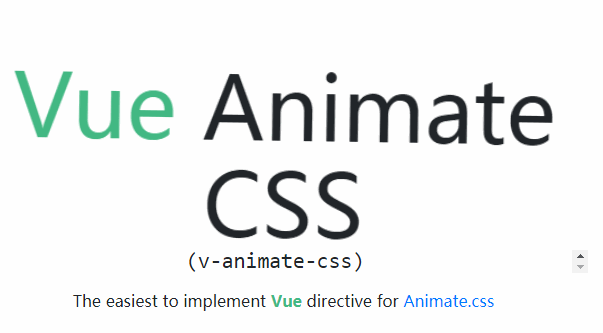


- #Cdnjs vs jsdelivr vs unpkg upgrade#
- #Cdnjs vs jsdelivr vs unpkg full#
- #Cdnjs vs jsdelivr vs unpkg code#
Because there is no limit to how deep a module tree can be, even with 20ms of latency this wait time can add up if left unchecked.
#Cdnjs vs jsdelivr vs unpkg full#
The import to the second module is only seen once the first has already been loaded, so that each successive deep import requires waiting for a full latency-bound request response cycle.

In addition all modules are optimized with level 9 Brotli compression, a fully supported compression algorithm across all browsers supporting ES modules.
#Cdnjs vs jsdelivr vs unpkg code#
This way a package with a single entry point will always be only a single file, while a package with multiple separate entry points will have carefully constructed shared chunks while avoiding code duplication. Minimal number of modules and code size: RollupJS code splitting is used to optimize every package on v.We handle (a) by using a push-based over a pull-based versioning architecture internally (watching the npm feed instead of querying it), and we handle (b) by precomputing all of npm to ensure every package request takes the same constant time. The remaining slow cases are (a) loading non-exact version URLs like and 1 and (b) loading a package that has never been loaded before. This way the browser cache can be used whenever possible, avoiding any request at all. Minimal response times: CDN response times are minimized by having an edge CDN with unqiue version URLs for packages to enable far-future expires.To optimize an ES module CDN requires optimizing for three main things: Packages served from v are highly optimized for delivery. Under this simple statement hides a huge amount of complexity - from optimization and CommonJS compatibility to module interop semantics. The jspm CDN retains its same goals - to allow loading any package from npm optimized as an ECMAScript module, while supporting full dependency sharing. Existing CDNs such as and now regularly serve ES modules, and continue to innovate in improving their modular semantics, while new module-dedicated CDNs like have joined jspm in directly exploring how a complete embrace of modular semantics can provide better library delivery mechnanisms for the web. The transition of JavaScript CDNs into fully modular ECMAScript module CDNs is now well underway. With today's release the jspm package management CLI is being fully sunsetted, which after many years of development unfortunately did not manage to meet its development goals as a viable universal package management alternative to npm.
#Cdnjs vs jsdelivr vs unpkg upgrade#
Upgrading to v should be a seamless upgrade path in most cases, with the main user-facing compatibility change being that not all internal subpaths are exposed due to the code splitting optimizations. This new release aligns with full support for the Node.js ECMAScript modules implementation (including the new "exports" field) as well as deep optimization improvements with RollupJS code splitting and improved CommonJS compatibility, while precomputing all of npm to ensure zero compile waiting times even when requesting new packages.ĭev.jspm.io will still be available for a further 12 months until June 2021. With the rise of module CDNs, continued development and performance work are needed to ensure the scalability requirements of fast and highly reliable module delivery. v allows directly importing any package from npm into the browser using only native ECMAScript module import semantics like import( '').Īs of today, serves 6 million requests to over 150,000 users each month. The latest version of the jspm CDN, has been launched today as the new replacement for.


 0 kommentar(er)
0 kommentar(er)
